It’s been 35 years, but the memories of the Tiananmen Square crackdown remain seared into history. The student-led, pro-democracy protests that shook Beijing in 1989 began humbly enough. They were sparked by the death of former Communist Party leader Hu Yaobang, who had been forced into resignation two years prior due to his relatively liberal policies and support for free speech.
On April 15th, 1989, thousands of students gathered in Tiananmen Square to mourn Hu and voice their growing frustrations with China’s hardline leadership under Deng Xiaoping. They called for democracy, free speech, a free press, and an end to corruption and censorship. What initially seemed like scattered demonstrations quickly swelled into a massive movement.
Within weeks, over a million people from all walks of life had descended on the iconic square in the heart of Beijing to join the students’ peaceful occupation. Workers, residents, and recent graduates set up camps, stages and rallied behind the calls for reform. Protests also spread to other cities across China.
Remembering Tiananmen 35 years later
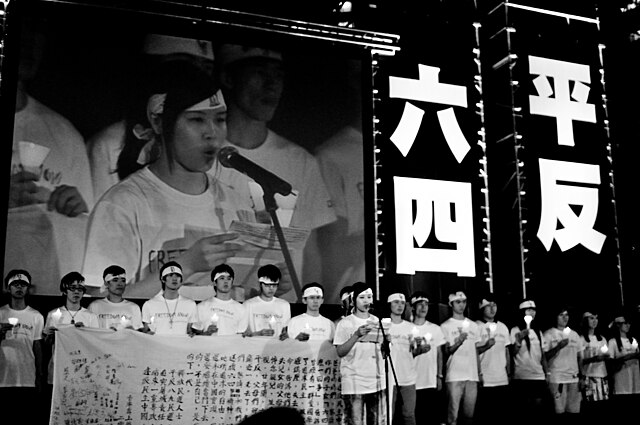
As the weeks dragged on, the protesters remained undeterred, rejecting offers of dialogue from China’s aging leaders who viewed them as a threat to Communist rule. Worried the situation was spiraling out of control, Deng Xiaoping declared martial law on May 20th, labeling the pro-democracy movement as a “counter-revolutionary riot,” and called in elite military troops to suppress it.
In the early hours of June 4th, 1989, the People’s Liberation Army rolled tanks and heavily armed soldiers into the streets of Beijing under orders to clear Tiananmen Square — by lethal force, if necessary. What followed was a bloody massacre, as the military opened fire with live ammunition on the protesters, many of whom retaliated with rocks and molotov cocktails.
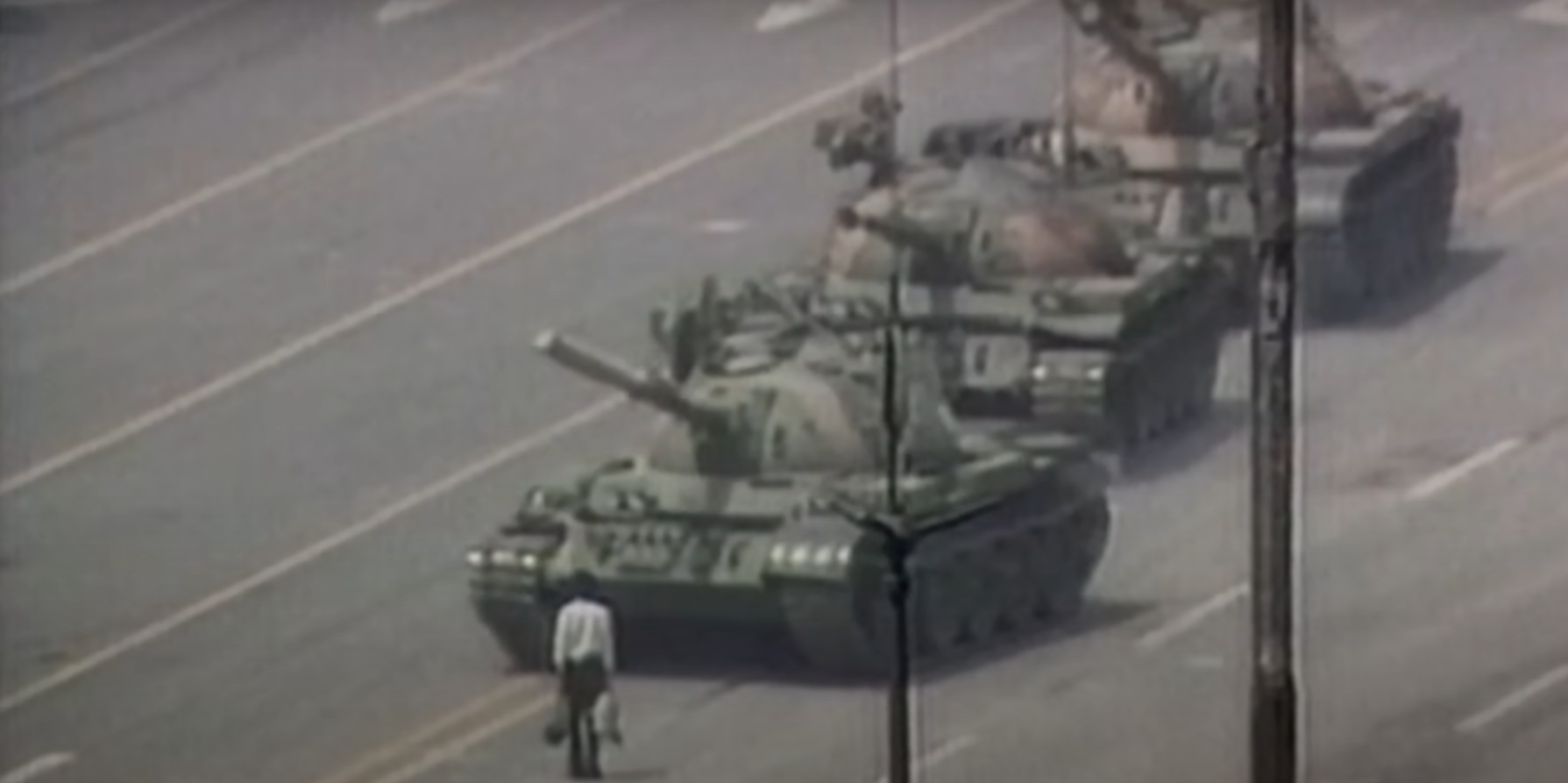
One of the most iconic images to emerge from the chaos was the so-called “Tank Man,” which was a solitary protester captured on film staring down a column of tanks after blocking their advance on Chang’an Avenue beside the square. The grainy footage of his quiet defiance in the face of unimaginable violence immediately became a powerful symbol of resistance against authoritarian rule.
The true death toll from the Tiananmen Square crackdown remains unknown, as China’s Communist leaders have worked hard to bury the event. Official estimates claim just a few hundred civilians were killed, while human rights groups and witnesses put the figure anywhere from several hundred up to 2,600 dead. Thousands more were injured, and an untold number of protesters and supporters were arrested in a severe crackdown on dissent across China.
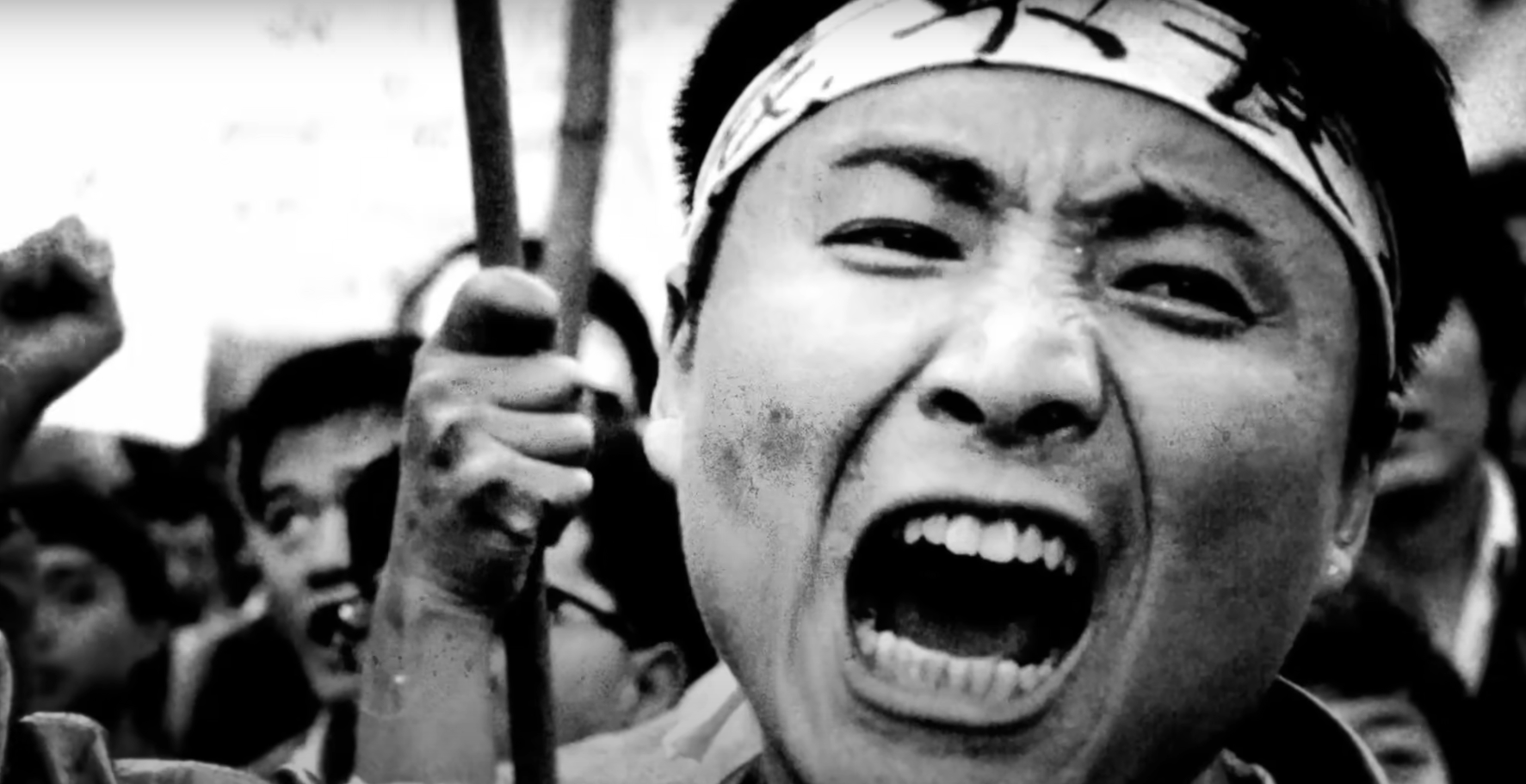
In the 35 years since, any public acknowledgement or memorialization of the events of June 4th, 1989 has been strictly censored within China. Officials maintain a deafening silence, scrubbing censored references from books, online forums and state media. The so-called “Tiananmen Mothers” group of victims’ families have been repeatedly denied any accounting by the government, which claims “a tragic incident was caused by the student movement.”
As the recent 35th anniversary approached, authorities predictably ramped up security and censorship yet again to snuff out any hint of commemoration. In the former British colony of Hong Kong, where large annual candlelight vigils were once held, police blanketed the downtown core and detained numerous activists and elders, like 68-year-old Alexandra Wong, under harsh new national security laws.
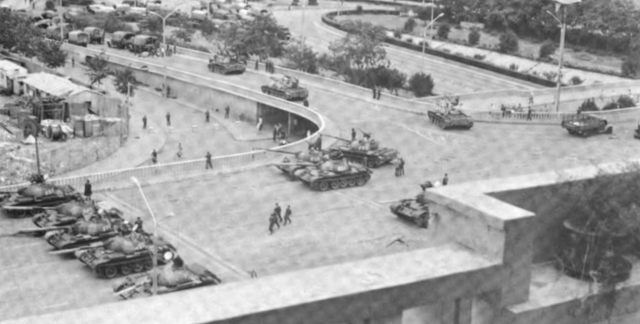
In Beijing itself, the government closed off entry to Tiananmen Square and its surroundings, prevented online profile picture changes and stationed “security volunteer” monitors across the city to stamp out any memorials before they could start. Social media platforms like WeChat and Douyin swiftly censored any coded references to the crackdown.
But despite Beijing’s efforts, the world has not forgotten. Leaders from the U.S., U.K., Australia and others marked the anniversary by condemning the Chinese government’s brutal violence and ongoing human rights abuses. They reiterated calls for a full public accounting of the victims and the release of those jailed for persisting to speak out about the events of 1989.

And each year across the free world, from Taipei to Toronto to Washington D.C., expatriate Chinese communities and supporters defiantly gather in public plazas lighting candles, laying flowers, and sharing stories about Tiananmen to ensure the martyrs did not die in vain. As one declared:
“The more they try to hide this event, the more effort we should put into remembering it.”
Because no matter how many security forces are deployed or social media posts deleted, Tiananmen’s “Tank Man” and the brave souls who gave their lives seeking democratic reforms will forever be etched into the collective consciousness. Their fighting spirit lives on as a symbol of resistance for all humanity against the crushing boots of authoritarianism. As long as there are people willing to take to the streets and stand up for their rights, 1989’s “Beijing Spring” can never be erased from the history books. And so, the memory of Tiananmen Square endures.

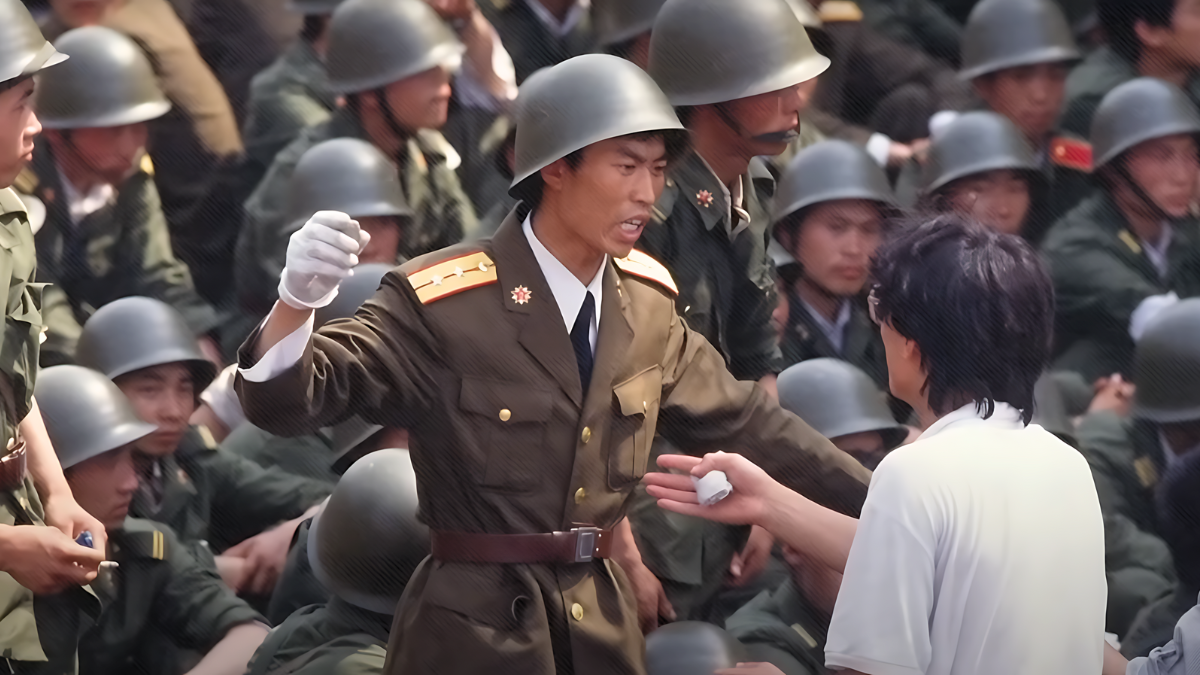









Published: Jun 4, 2024 03:33 pm